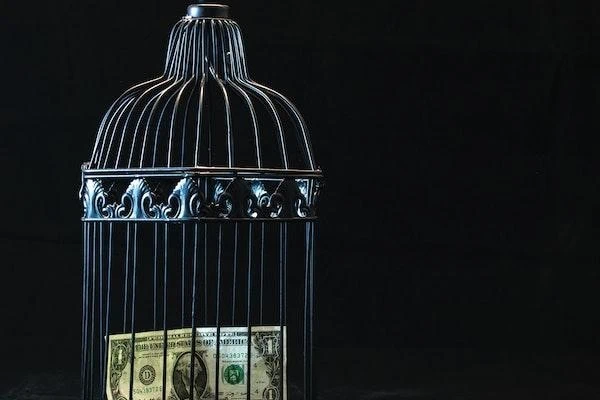Online banking and money transfers have become integral to our daily lives. The convenience of checking bank balances, paying bills, and transferring money globally with just a few clicks has revolutionized how people handle their finances. However, this convenience also exposes users to cyber threats. One of the practical solutions to mitigate these risks is using Virtual Private Networks.
A VPN is a service that encrypts your internet connection. It ensures that the data you send and receive is unreadable to outside parties. By connecting to a VPN server, all your online activity passes through a secure tunnel, making you virtually anonymous. This encryption method has become an essential tool in enhancing privacy and security for online banking.
How to Use VPNs for Online Banking and Money Transfers
Setting up a VPN for online banking and money transfers is typically straightforward. After subscribing to a trusted VPN provider, install the app on your device and log in. From there, you can select the server location that suits your needs, establish a connection, and proceed with your banking or transfer activities.
It’s essential to verify that your bank’s website and mobile application are compatible with the VPN you are using. Some financial institutions may have stringent security protocols that can cause connection issues. Always check with the bank and VPN provider for any known compatibility issues and ensure the VPN connection is stable before initiating any transactions. Regularly update your VPN application and know your bank’s security guidelines to prevent potential issues and get seamless integration.
Benefits of Using VPNs
VPNs make it difficult for hackers to intercept your personal information. This added layer of security ensures that your account details, passwords, and transaction history remain confidential. It significantly reduces the risk of fraud or identity theft. Encryption standards like AES-256 are commonly used to provide robust security. They ensure the integrity and confidentiality of your data. With a VPN, you can overcome geo-restrictions and access your financial institutions even abroad.
How to Choose the Best VPN
Look for features like strong encryption protocols, fast transaction speeds, a no-log policy, and a kill switch. These elements provide an essential foundation for security. Many premium VPN services offer multi-factor authentication and periodic security audits.
Consider the reputation and customer support of the VPN provider. Read user reviews and assess the responsiveness of customer support to get insights into the reliability and effectiveness of the service. A nord vpn review can help you find out if the service has everything you need. A provider with a strong reputation will likely offer a more stable and secure connection. You should also compare pricing and check for free trials or money-back guarantees before making a decision.
Why You Need a VPN
Cybercriminals can exploit unsecured connections, accessing sensitive data such as bank account numbers and login credentials. The VPN ensures that even if a hacker is monitoring your traffic, they can’t understand or manipulate it.
VPNs also enable access to your banking services while traveling in regions where they might be restricted. Connecting to a server in your home country allows you to conduct banking activities as if you were there, offering convenience and continuity in your financial management. This feature simplifies international banking. You can access your funds and accounts anywhere in the world.
When to Use a VPN
While using a VPN for online banking at all times is a good practice, it’s essential when accessing your bank account from public or untrusted networks, such as airports, cafes, or hotels. These networks are more susceptible to cyber threats. Your financial data can easily be compromised. However, even from the comfort of your home, a VPN can provide peace of mind, knowing that your financial transactions are protected from cyber threats.
Bottom Line
VPNs are a formidable ally in cybersecurity. They offer encryption, anonymity, and a shield against cyber threats. Whether banking at home or on the go, integrating a VPN into your financial routine is a prudent step toward secure and seamless financial management.



